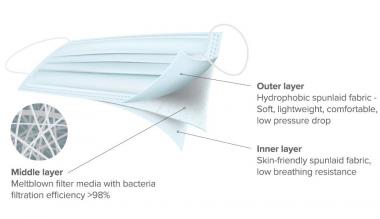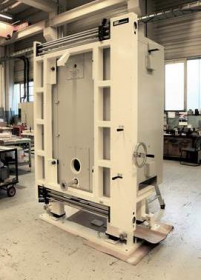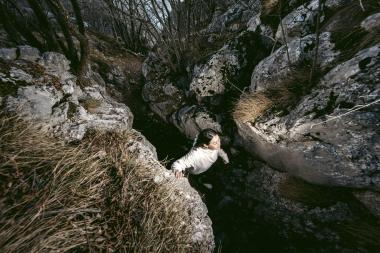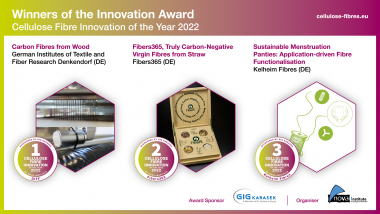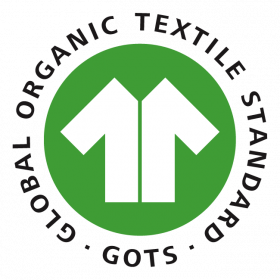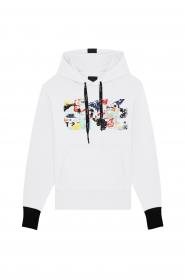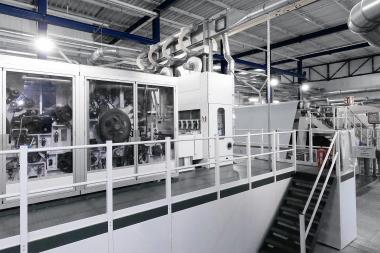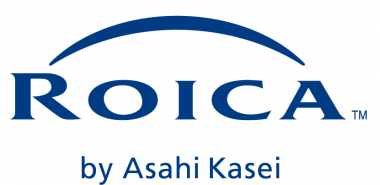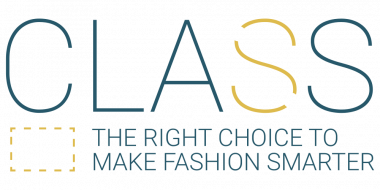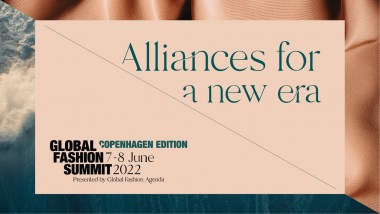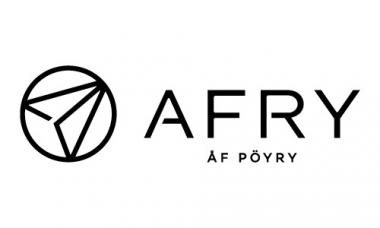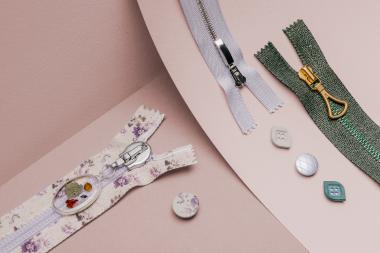Sumo & Kelheim Fibres: Sustainable and high-performance absorbent washable diaper pad
Up to the age of three, a baby uses around 5,000 diapers. Despite the convenient handling of common disposable diapers, parents are increasingly looking for a healthy and sustainable alternative to these products to avoid waste. In Germany alone, 10 million diapers are disposed of every day.
Ways to solve this dilemma, would be disposable products that are made from bio-based or biodegradable materials, or reusable products with a longer life span replace disposable products.
Founding team Luisa Kahlfeldt and Caspar Böhme combine both with their "Sumo Diapers." These cloth diapers are made entirely of sustainable materials while offering high performance and innovative design.
The Sumo Diaper is a fitted cloth diaper that consists of a waterproof cover and absorbent inserts. The cover is sewn in such a way that a pocket is formed: this is where the absorbent pad is inserted to prevent slipping.
To further enhance the performance of this absorbent pad, the Sumo team partners with the viscose special fibre manufacturer Kelheim Fibres, who brings decades of experience from the hygiene sector, especially for sensitive applications where high absorbency is required (such as tampons). Together, Sumo and Kelheim Fibres have developed a high-performance absorbent pad that uses no fossil materials.
The basis are functionalised specialty viscose fibres with adapted cross-sections. Needle-punched / thermobonded nonwovens with a blend of specialty viscose and PLA bicomponent fibres were chosen to ensure the product's washability. PLA stands for polylactic acid made from natural and renewable raw materials. By combining nonwovens, usually found mainly in the single-use sector, with reusable products, Sumo and Kelheim Fibres have chosen a completely new approach.
Inside the pad, the speciality fibres from Kelheim score with their special properties: In the distribution layer (ADL), the trilobal cross-section of the Galaxy® fibre forms capillary channels that enable efficient and optimized liquid distribution and thus optimum use of the capacity of the absorbent core, offering the lowest rewet values.
In the absorbent core, the segmented hollow fibre Bramante stores liquid not only between but also inside the fibre. The liquid remains there even when pressure is applied to the construction, providing excellent rewet values. Bramante can absorb up to 260% of its own weight in liquid. Cotton only achieves values of around 50% here.
The innovative nonwoven construction with the speciality fibres from Kelheim performs significantly better in tests in terms of air permeability, liquid absorption and rewetting than commercially available solutions made of synthetic fibres or cotton in knitted structures, and has earned Sumo diapers a place among the finalists for the IDEA® Long-Life Product Achievement Award.
The launch is scheduled for the first of May.
Kelheim Fibres







